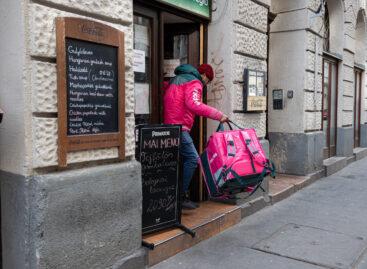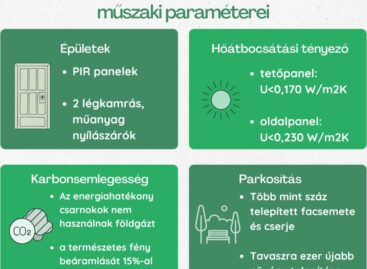Behind the scenes and in front of the scene
What to look out for at a fair venue? What is the secret of successful exhibitors? How can typical mistakes be avoided? – these are only a few of the questions we try to answer with the help of experienced professionals. – It is important for Hungarian companies to test themselves in international competition: if they stay at home they are deprived of new chances, but at trade fairs they can find new market opportunities by using their social capital and networking skills – says Márta Kakuk, the head of MON-ART Reklámiroda Kft, Koelnmesse’s Hungarian representative. Márta Némethy, the trade fair consultant of the German-Hungarian Chamber of Industry and Commerce is of the opinion that leading international trade fairs are a fountain of resourceful information and networking opportunities. Being present at fairs is the best and cheapest way of maintaining personal business relations. Szilvia Máté, the head of BD-Expo Kft. says that today it is not enough to bring perfect products to a trade fair – it is just the minimum requirement, because there are plenty of excellent or perfect products. A product also has to be different and be able to attract attention at the stand. At the 2010 Internationale Grüne Woche in Berlin, Agricultural Marketing Centre is trying to achieve this effect by offering a virtual tour around Hungary on a large map that marks the most important regions. A Hungarian “csárda” will be built in the pavilion where visitors can taste our gastronomic specialties, informs Zoltán Gaál, AMC’s head of department for event organising. He thinks that there is no optimal stand size, since everything depends on the objectives and on the budget. However, the right position of the stand is vital and a good relationship with organisers may guarantee this. At international trade fairs, nearly every participant builds open stands and the focus is not on products, but on the company’s image. Certain exhibitors build lounges with leather armchairs – it is not surprising that they attract many visitors. Organisers place the biggest stands in the middle of the hall, while smaller ones are positioned on the sides. Successful presence at trade fairs largely depends on the right positioning of the stand, but a good place for the stand is not enough in itself. Corner stands are always popular (and more expensive), since visibility is guaranteed from two sides. At international fairs, overhead charges and installation are not included in the price participants have to pay per square metre. Those would not like to deal with these matters can use the SHELL-STAND option: the organisers build the stand for them and this simple installation can really make the job of newcomers easier. Many export-oriented companies build one stand and use it at several fairs for years. According to Szilvia Máté, trying to cram everything into the stand is a typical Hungarian mistake; if 4-5 people work at a small stand visitors may get the impression that business talks are being conducted and they will not come to the stand. Márta Kakuk’s experience is that too much furniture and product samples are also counter-productive, and displayed messages should be short and concise. Zoltán Gaál reckons that in the preparation phase it is very important to be familiar with organisers’ regulations (these very from one year to another). One of the most common problems is mistaken information published in the fair’s catalogue. Márta Némethy is convinced that neither exhibitors nor organisers use the full potential of free services offered by the organising companies’ web sites. Preparation for large international trade fairs starts a year in advance, when applications for participation have to be sent. This is followed by planning and 6-9 months before the fair the company starts preparing; 3-4 months before the fair the stand design should be ready, staff has to be trained and brochures need to be compiled. After the fair comes the “follow-up” – sending a letter of thanks to visitors and providing information to inquirers.
Related news
Related news
After a subdued year, the holiday season is strong
74% of online shoppers, around 3.1 million people, are preparing…
Read more >Battle of the regions: these are the most popular dishes according to Hungarians
Five times the national average of Mexican food is consumed…
Read more >Business-tailored halls help SMEs develop and grow
RaktárAD, a logistics developer with a Belgian-Hungarian ownership background, has…
Read more >





